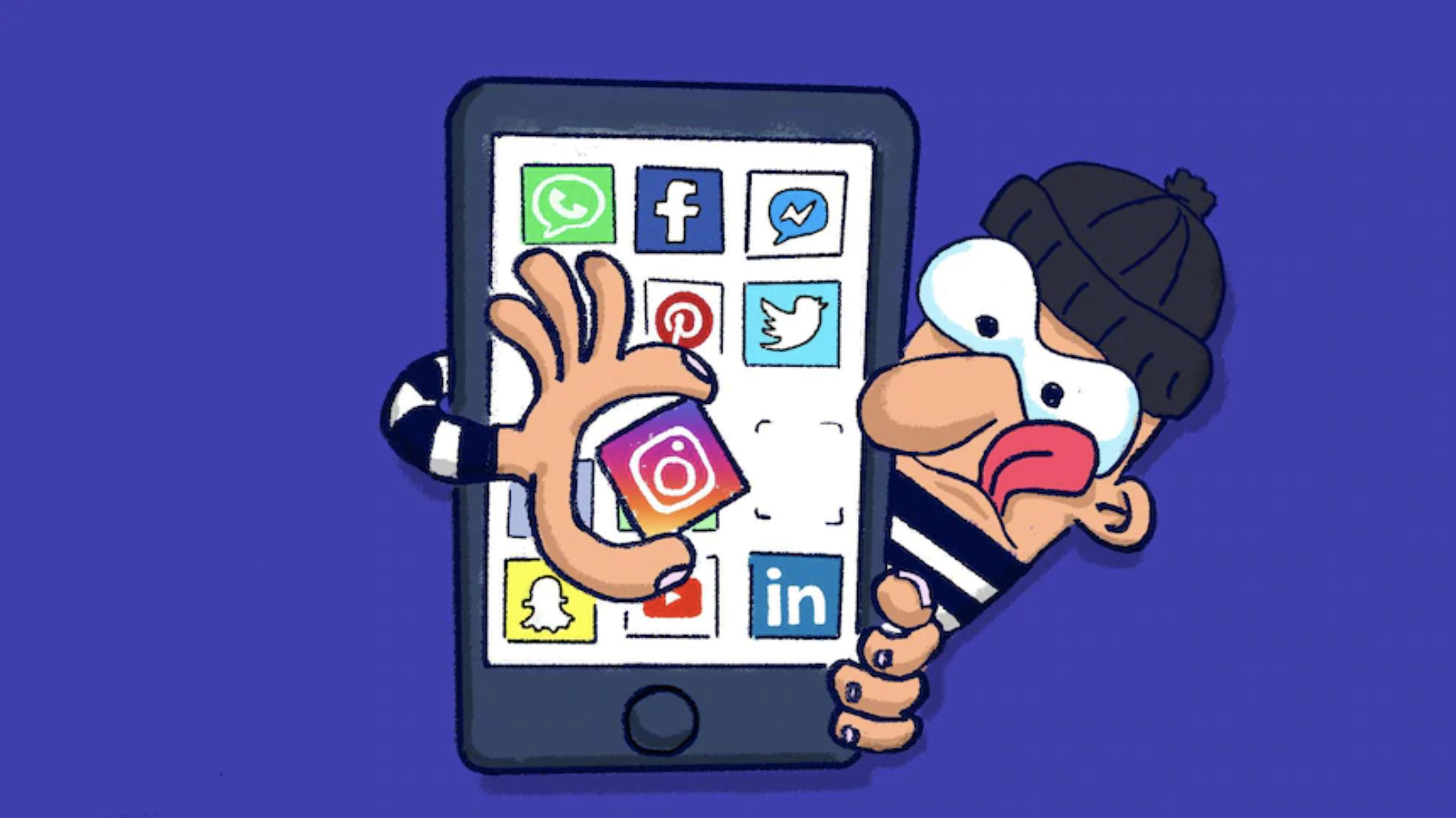Did You Know Your Phone Apps Have Been “Hacking” Your Brain?
TECH INSIDERS INTRODUCE YOU TO THE SECRET WORLD OF “BRAIN HACKING.”
Have you ever noticed yourself being on your phone for hours? You look at the time and notice an hour has passed by without even noticing. You might decide to put down your phone at this point, but 5 minutes later you pick it back up. Why do you think this happens? What forces you to keep picking up your phone and stay on it for hours when you know you have so many other things to do. Odds are, you’re addicted to your phone and it’s not even your fault.
If you’re not familiar with the term “brain hacking,” it refers to companies being responsible for programming your phones to work hard to get you to feel the need to keep checking it. It’s not surprising if you haven’t heard of this term because the tech world tries so hard to keep it a secret and would prefer if you didn’t hear about it.
Tristan Harris, a formal Google product manager, opens up about this topic and openly answers questions about its long-term consequences. He refers to your phone as a slot machine. Every time you check your phone, you’re playing a slot machine to see what notification you may have got this time. Every time you open your phone or pull a lever, you get a reward. The way phones hijack your minds is by creating this habit. On average, a person checks their phone every 12 minutes regardless of if they got a notification or not.
An example of this is Snapchat. They came out with a popular feature that revolves around the idea of streaks. It tells you how many days you have continuously sent a Snapchat to someone back and forth. This forces people to want to keep their streaks and keep snap chatting with other people to make more streaks. Although it seems like such a trivial feature, it does so much into hooking the user into the product.
People always have the idea that technology is neutral and how addicted you are depending on how you use it. But that’s not true at all. Harris says these apps are programming people and shaping their thoughts and actions. They want you to use it in a particular way and for a long time as well- that’s how they make their money.
Dopamine in our brains aids in the creation of desire and pleasure, and these programs are designed to provoke that neurological response. One example of this is how Instagram holds back notifications and sends them all to you in one big burst. They track the behavior of the users to modify their notifications to make sure you keep coming back to the app. Harris says these apps use their users as guinea pigs without us knowing.
Our phones and apps create a dependent behavior- to make us feel like we need to keep coming back to it. As I mentioned in a previous post, getting a notification increases your stress levels. And it’s scary to think that your phone is the only antidote. We want to become more disconnected from our phones, but how do we do that when they’re programmed to keep us glued to them?
The information in this post was acquired from the article, “What is ‘Brain Hacking’? Tech Insiders on Why you Should Care,” by Anderson Cooper.


